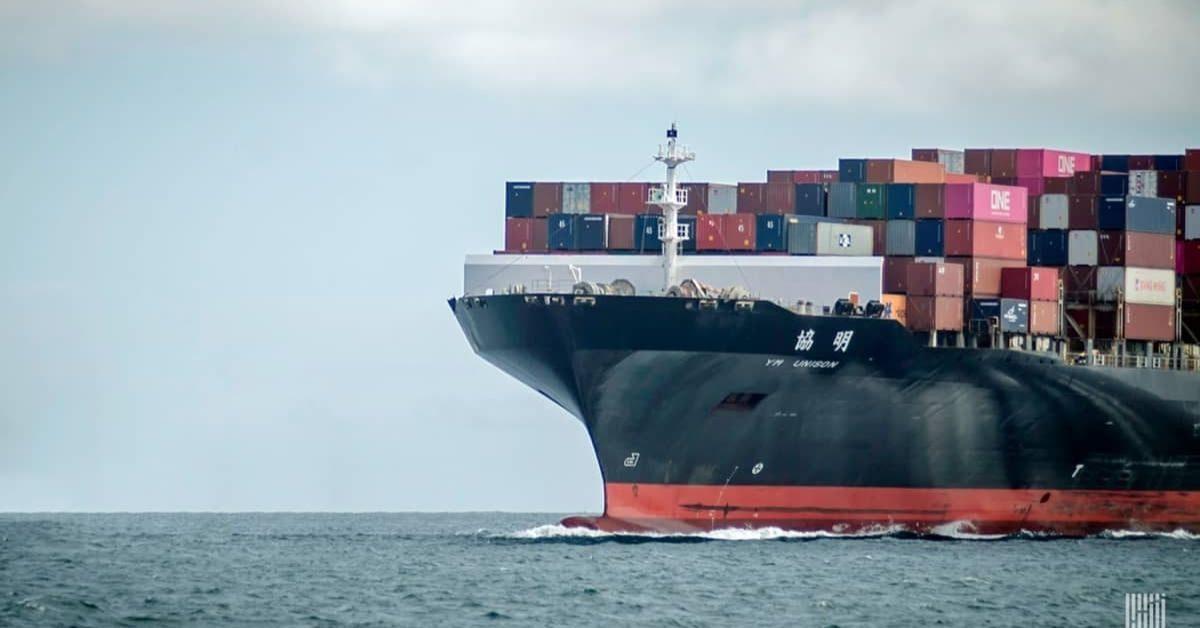The report sheds light on key areas of ESG risk perceived by lenders and investors, including labour rights, climate change, and regulatory compliance. It also assesses risk perceptions in specific maritime sectors such as shipping, ports and terminals, and offshore activities such as drilling.
The survey engaged 100 senior finance professionals from various segments of the UK capital markets, including commercial and investment banks, asset managers, development and multilateral banks as well as private equity firms.
Two-thirds (66%) of respondents believe that the maritime sector faces greater ESG-related financial risks compared to other industries. This perception is particularly strong among those managing debt capital (73.5%) and among large institutions with assets under management ranging from £10bn ($12.7bn) to £100bn ($127bn) – around 75%.
Perceptions differ according to the type of financial institution and its exposure to maritime assets. Investment banks were the most concerned (83.3%), whereas multilateral banks and IFIs were less aligned, with only 40% sharing this view. High maritime exposure led to higher concern (69.7%), compared to limited exposure (52.9%).
The report unveils widespread scepticism about the maritime sector’s ESG awareness and transparency, with 57% considering the sector less aware and 56% criticising its transparency. This scepticism is heightened among those handling equity capital – 66.7% questioned the sector’s awareness and 64.1% its transparency.
Larger institutions which manage between £10 – £100bn generally agreed with these negative views, while smaller institutions, which manage under £1bn, were less convinced.
Survey participants cited several areas of ESG vulnerability for maritime assets, with worker conditions and safety at 38%, technological disruptions at 34%, and climate impact at 33%. Concerns varied depending on the type of capital managed and the level of maritime exposure.
Equity managers prioritised climate impact (38%), while debt managers focused on biodiversity (41%). Those dealing with hybrid capital expressed most concern about technological disruptions (41%) and water management (44%).
Among specific maritime industries, shipping and maritime technology and equipment were viewed as the riskiest, each cited by 17% of respondents. They were followed by ports and terminals and naval and defence, both at 12%.
High exposure to maritime assets heightened concerns about shipping (24.2%), whereas exploratory stages of investment led to increased focus on maritime technology (28.6%).
“This report reveals a paradox: while capital markets consider the maritime sector to be ahead in managing ESG risks, they also find it lacking in transparency and slow to integrate sustainable practices. This inconsistency is alarming, particularly when most financial institutions are mulling over divesting from or reducing exposure to maritime assets due to ESG concerns,” Henry Kirby, head of Woodrow’s sustainability practice, said.
“Our aim is for this report to serve as a guide for maritime companies and financial institutions, helping to bridge this perception gap and encourage more informed decision-making in capital allocation,” he added.






